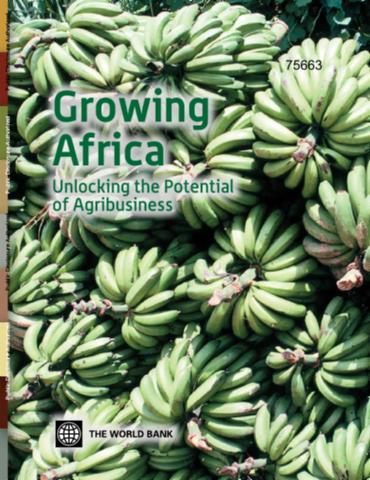Borderless Bazaars and Regional Integration in Central Asia : Emerging Patterns of Trade and Cross-Border Cooperation
Local populations' economic opportunities can be enhanced through special arrangements governing movement of people and goods in neighboring areas. For instance, in the Tajikistan-Uzbekistan border-crossing points (BCPs), preferential treatment accorded to residents in contiguous regions varies from one BCP to another, even within one borderline, restricting the distance allowed for travel into the territory of another country to the closest large city or marketplace.




